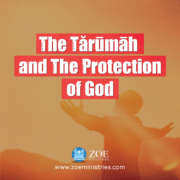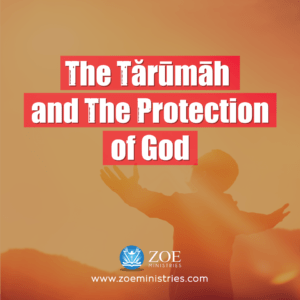The Problem with Megachurches
The Megachurch
What is it? A megachurch is a congregation with more than 2,000 attendees. The existence of megachurches has long been debated and argued over throughout modern church history. It’s not just the ballooning number of church attendees. A megachurch has other elements such as contemporary worship and programmatic ministries. It also has charismatic leadership, membership relations, and integration of all the latest technological advancements.
This kind of structure has seen a rise in modern Christianity. However, it goes against what traditional churches looked like in previous centuries. There may have been congregations with large numbers before, but never this much, all simultaneously. The megachurch completely took over the American Christian scene in the 1970s, and the numbers have since grown and multiplied.
In 1990, there were 300 megachurches in the United States, and by 2010, this number has grown to 1,600.
This unprecedented growth rate implies that the megachurch has, in fact, become a new organizational norm in Christianity as it supplies the needs of the modern culture and society.
Is it just a trend?
The trend brought celebrities and notable influencers into the fold of Christianity. Nevertheless, others would digress that this is simply because being part of certain megachurches has been viewed as trendy. The sheer size alone would intrigue people. The megachurches are dabbling into television and social media. The church members would eventually become self-generating. Studies attest to this. Large gatherings of people create a social vortex. It can draw the interest of others. Interestingly enough, even the controversy surrounding megachurches causes people to attend and look at the cause of such social strain.
Is it just the numbers?
For instance, the World Changers Ministries undertook an 800-seat dome in the 1990s for its Atlanta congregation. This drew much attention and concern from the local neighborhood associations. Eventually, the criticism ended up featured in newspapers and TV reports. This, in turn, qualified as free publicity for the ministry, and an increase in attendance was observed thereafter. However, while an 8000-attendee congregation appears controversial to some traditional churches and critics. There are plenty of other churches with larger numbers. America’s largest megachurch is that of Joel Osteen, with over 52,000 members. This may seem large, but it has nothing in number compared to South Korea’s Yoido Full Gospel Church, with over 800,000 members.
Consequently, this large number would make it difficult for the churches to keep track of all the members. Nearly all megachurches have organizational structures that aim to provide support and services to everyone involved. They employ what is known as the “seeker-sensitive approach,” that is, the practice of being deliberately welcoming to newcomers through informal set-ups and active engagements. Parking lot assistants begin the experience by courteously assisting everyone who comes along, and ushers take it a step further by heartily smiling and pouring attention to the people who walk into the sanctuary. More volunteers would accompany them to their seats and get to know them as they wait for the service to start.
Is it effective to get people in the church?
Critics would say that this is a futile attempt and that the church is trying too hard to be welcoming. To a degree, they claim that such techniques together with the program prove to be an enchantment of sorts and the attendees go to chase an emotional high; however, reviewing its impact will show that even those who are normally uncomfortable with regular church settings will find themselves warming up and open because of these efforts.
The merging of professional marketing strategies and the sacred word of God comes across as profanity for some, but against popular belief, most megachurches maintain a conservative theology. In a sense, the megachurch is simply employing what the apostle Paul modeled, which was to reach those who were lost,
20 To the Jews I became as a Jew, in order to win Jews. To those under the law I became as one under the law (though I myself am not under the law) so that I might win those under the law. 21 To those outside the law I became as one outside the law (though I am not free from God’s law but am under Christ’s law) so that I might win those outside the law. 22 To the weak I became weak, so that I might win the weak. I have become all things to all people, that I might by all means save some. (1 Corinthians 9:20-22)
Reaching the Youth
The intention is to do something new for a new generation. This may be why megachurches appeal largely to professionals under the age of 45, with more than half of the attendees surveyed to at least be college graduates. If we place this information in economic tiers, it should come as no surprise that middle-class, well-educated families have been drawn to megachurches in hoards. The distinctive effort put in by megachurches to appeal to the current generation and the way they seamlessly utilize smart business practices and sound theology appeal have proven to bear fruit based on the continuous growth they reap.
Several traditional churches do not like megachurches because they view them as threats. A common misconception is that megachurches steal the members of other churches with their modernity, but statistics show that this is not the case.vi Megachurches grow because they are encouraged to invite others as they have been invited. The overall experience they are given makes it easier for new church attendees to stay.
Your weekly dose of prophetic wisdom and anointing awaits you. Join our LIVE Conference Call!
1) Call 515-604-9266
2) Go to startmeeting.com, and use the login: BishopJordan





